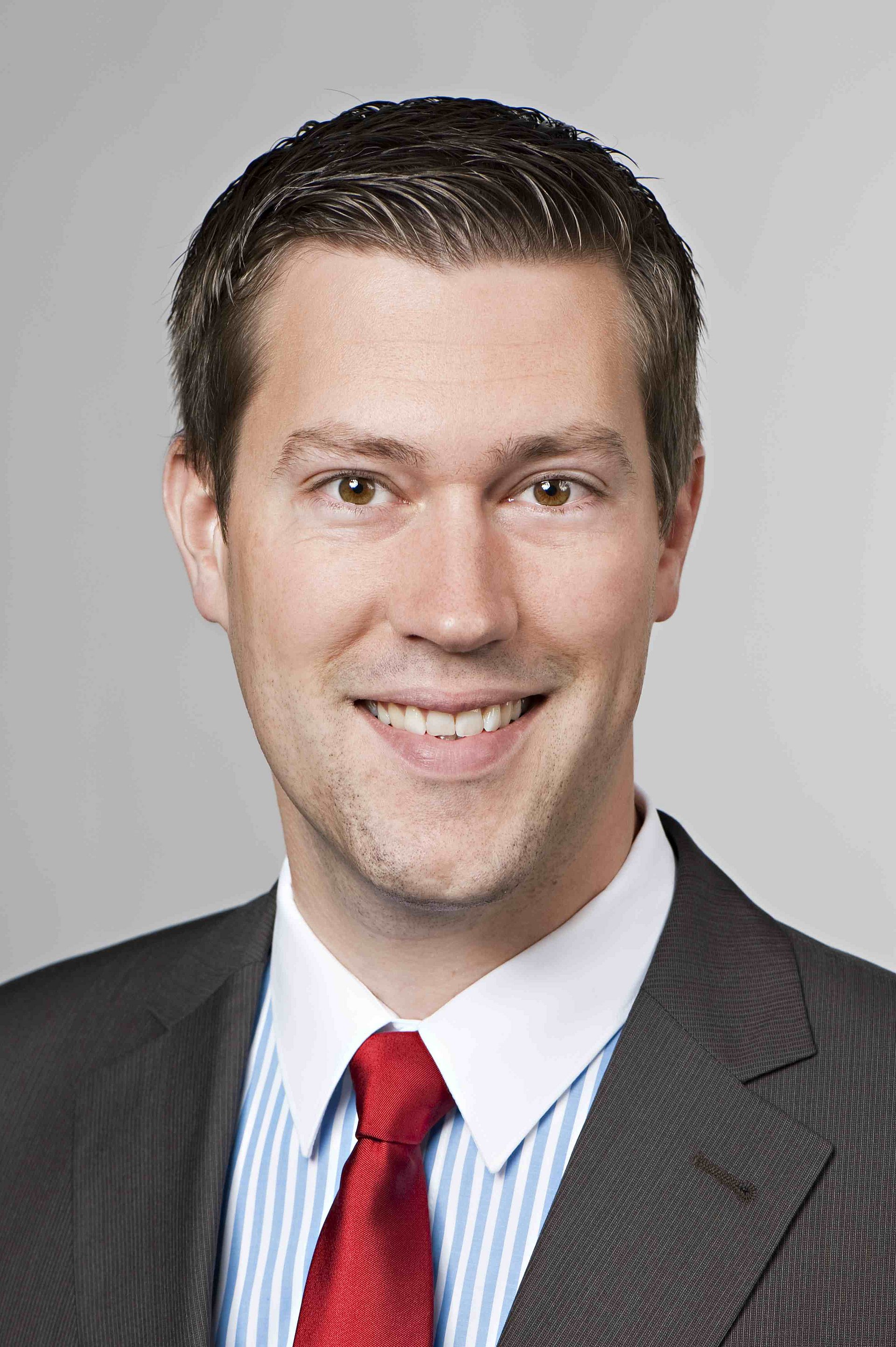"New opportunities and options":
Gaining a doctorate at the TUM

TUMstudinews: In the words of the President, Professor Herrmann, TUMs new doctoral degree regulations (PromO for short) are streamlined and up-to-date. What exactly is meant by that?
Andreas Haslbeck: Above all, they are in keeping with present-day requirements. The regulations open up brand new opportunities to obtain a doctorate at the TUM. They reflect the steep rise in interdisciplinarity on several levels. As from now, it is possible to obtain a doctorate at the Integrative Research Centers the Munich School of Engineering (MSE) and the Munich Center for Technology in Society (MCTS), for instance and not just at the faculties concerned. Both of these options are configured for a very wide range of topics and link the most diverse disciplines to one another.
TUMstudinews: Until now, the main criterion for selecting the PhD subject was the degree in which the student graduated. Above all, everyone kept within their particular field of specialization. Will that change now?
Haslbeck: The Bologna mutual recognition agreement alone has encouraged students to switch to another subject. Dividing the course of studies into a Bachelors and a Masters degree creates a clear break. So, in the past, when it came to embarking on a doctorate, many students asked themselves whether they were inspired more by the Bachelors part or the more hands-on, research-oriented Masters part?
TUMstudinews: The new doctoral degree regulations open up a lot of completely new subjects. Does this apply to students who studied at a university other than the TUM, such as humanities scholars, as well?
Haslbeck: Thats right. A graduates previous qualification used to determine the choice of doctoral thesis topic. In other words, a certain degree inevitably led to a particular doctorate. What matters now is that the content fits. For example, someone with a diploma in music can do a doctorate in engineering provided the subject-matter is compatible, as would be the case if he was interested in specific technical aspects of a musical instrument. We at the Institute of Ergonomics welcome graduates in psychology or medicine. This means that brand new prospects are now emerging for students and the choice of topics is much wider than before. A graduate in sports can opt for a subject from the field of civil engineering if it makes sense from the point of view of content.
TUMstudinews: So there are more possibilities in terms of subject-matter. From now on, there will also be a wider range of doctoral titles.
Haslbeck: Here again, TUM is also responding to the growing trend towards interdisciplinarity. A greater distinction will be made between the various medical titles; besides Dr. med. there will also be Dr. med. sci., for example, which indicates that the title holder is a member of the TUM Graduate School and also stands for a greater emphasis on the scientific aspects.
TUMstudinews: The so-called cumulative thesis will in future be known as the publication-based thesis. What does that mean?
Haslbeck: The old ruling used to be: First obtain your doctorate and then you can start publishing articles. It´s the other way round now: powerful publications can be incorporated in the thesis. In this context, the word powerful means the articles have to appear in one or more journals, and to be of international interest it has to be written in English. The articles also have to have been peer reviewed, and the minimum requirement is two essays at the least.
TUMstudinews: In other words, articles that have already been published can also be used. Does this mean that obtaining a doctorate now involves less work?
Haslbeck: That doesn´t make it any easier. Every publication calls for a great deal of preliminary work and takes a long time to prepare up to one year in some cases. And not every topic or subject-matter produces powerful publications. The sciences tend to stand a better chance in this respect. In my area of interest, Ergonomics, for example, articles are often published in German. That creates a low impact factor.
TUMstudinews: One important point that is firmly anchored in the new doctoral degree regulations is the supervision agreement drawn up between the doctoral candidate and the professor.
Haslbeck: The supervision agreement was one of the key features of the Graduate School right from the start. I consider it to be absolutely essential. It is like a target agreement between the doctoral student and his academic supervisor and means more supervisory responsibility for both parties. I strongly recommend that everybody becomes acquainted with this kind of thing as early as possible and starts contemplating what he or she wants, what he needs, what he can do and what it should lead to at the earliest possible opportunity. It is needed later on in the business world, as well.
Andreas Haslbeck (31) is doing a doctorate at the Institute of Ergonomics in Garching and his research focuses on the manual flying skills of airline pilots, the effects of their training and factors that influence flight safety. Alongside his doctoral studies, he also carries out numerous organizational duties and is also actively involved in university politics: in his role as spokesperson of TUMs Graduate Council, he represents the interests of all doctoral candidates at the TUM Graduate School and is a member of the Academic Senate.
(Interview: Verena Meinecke)